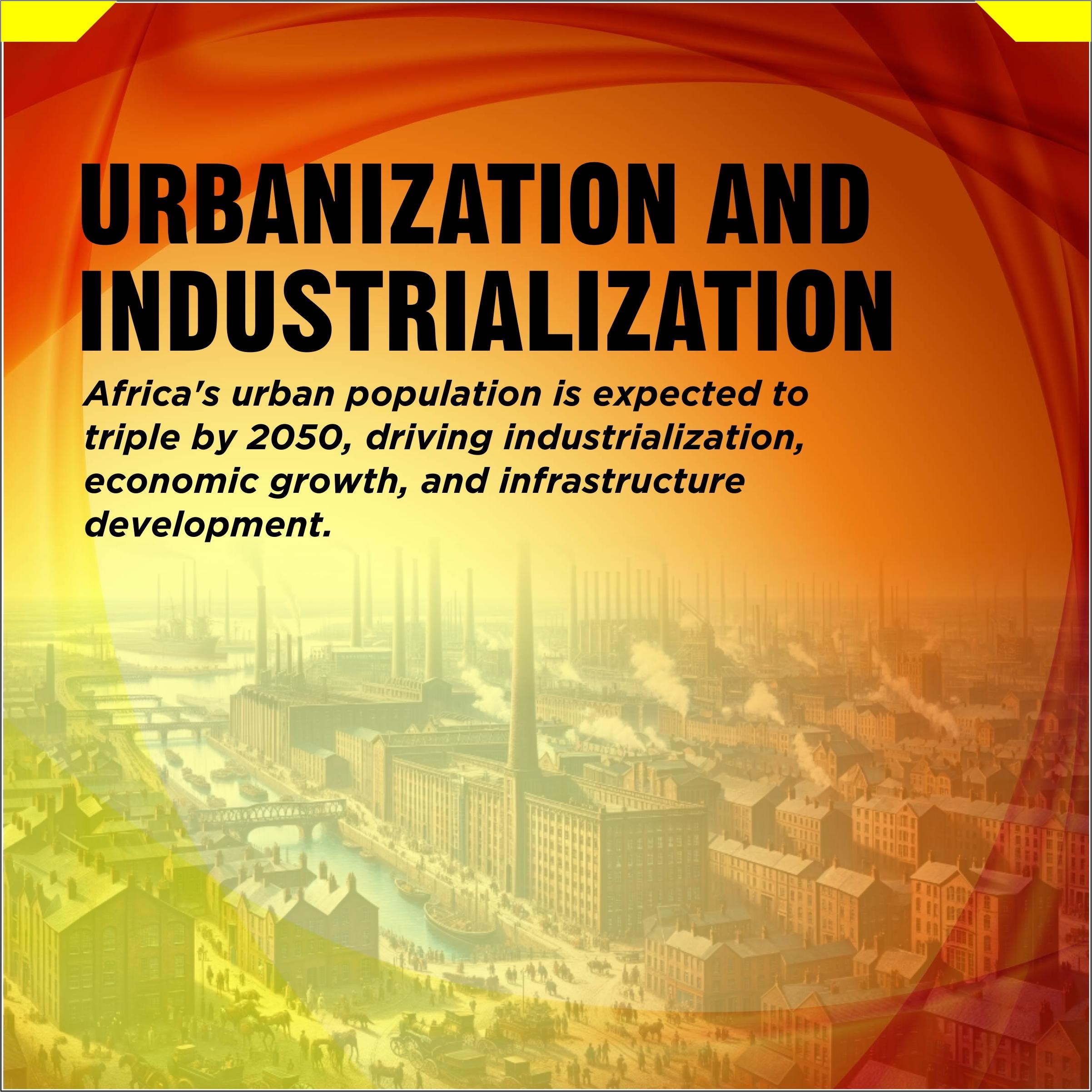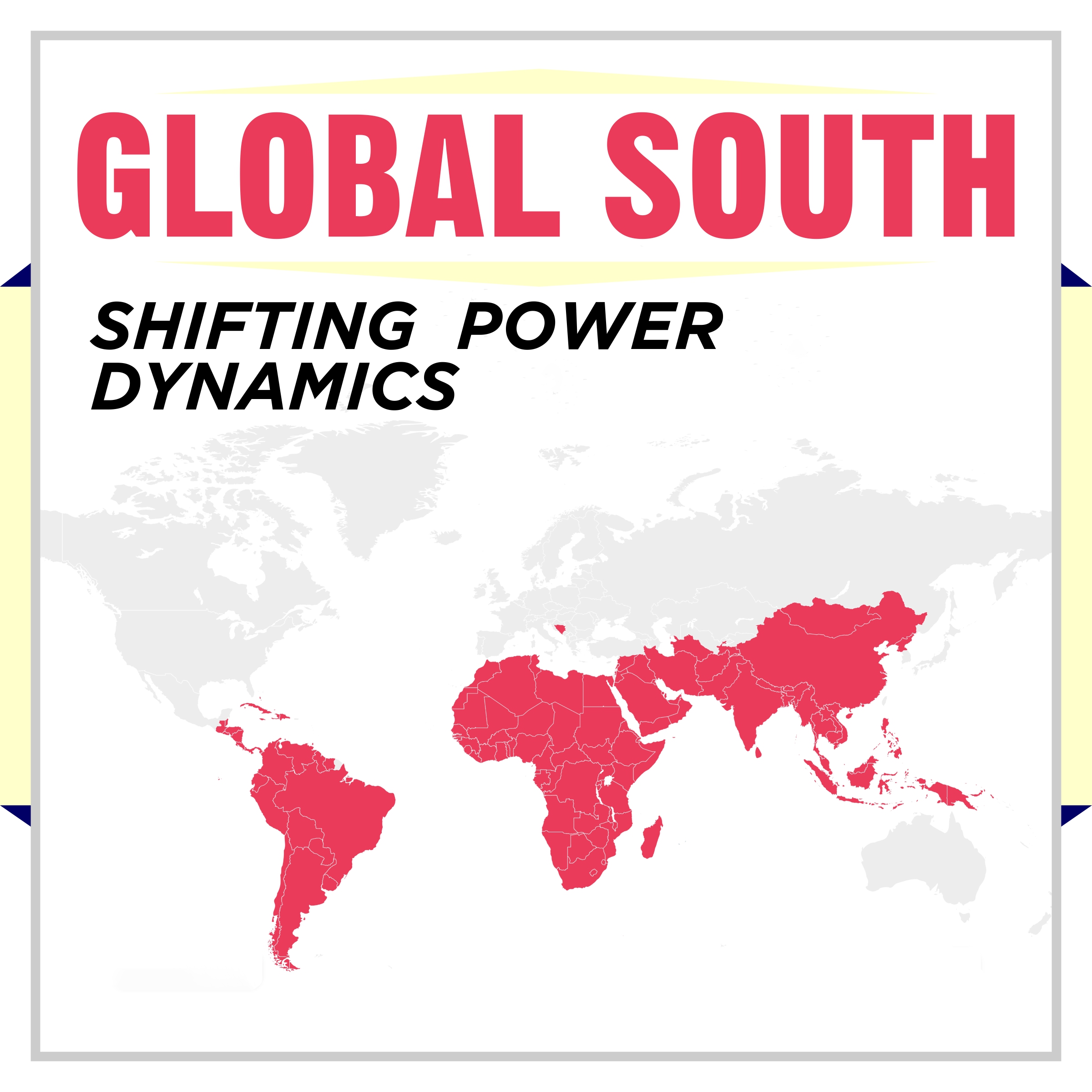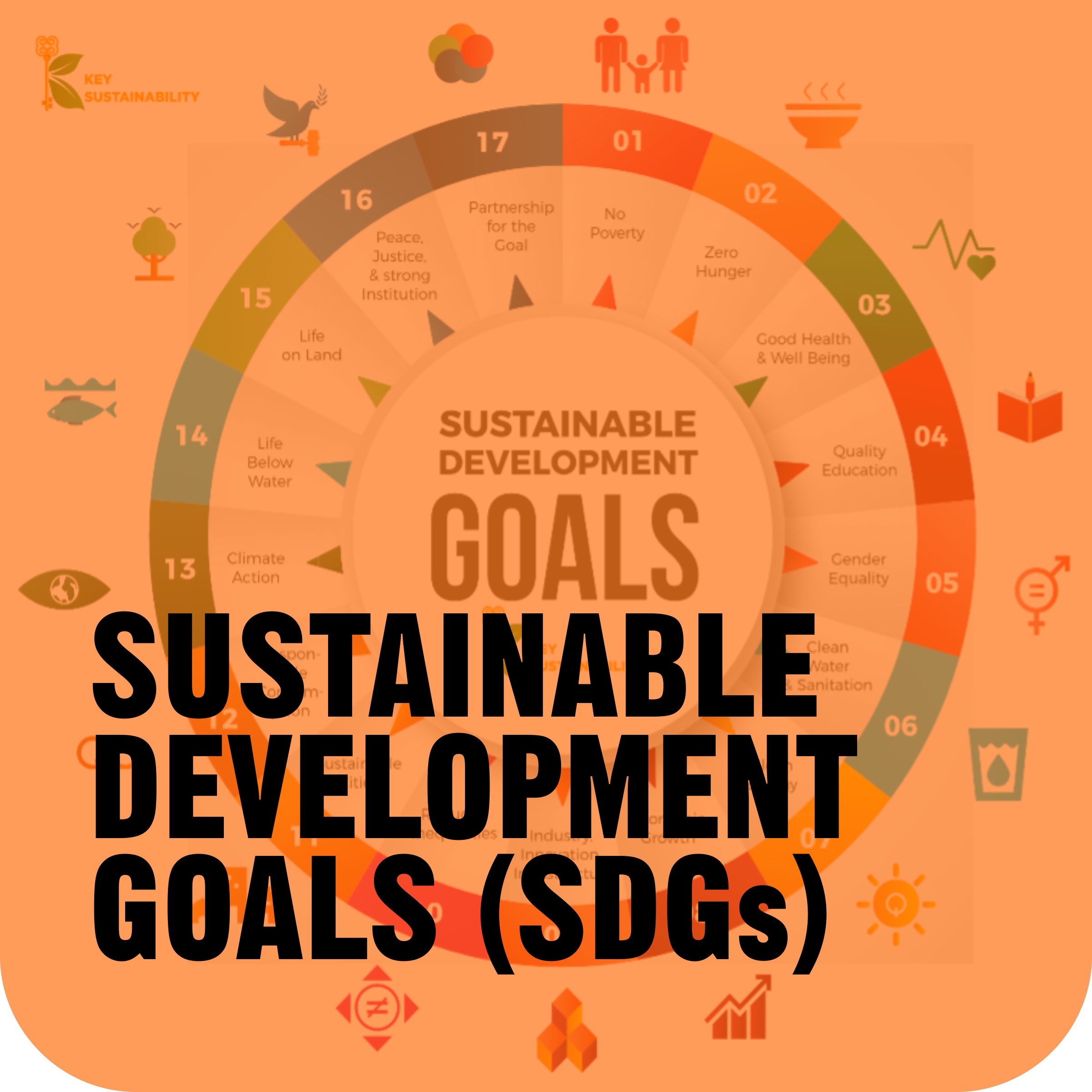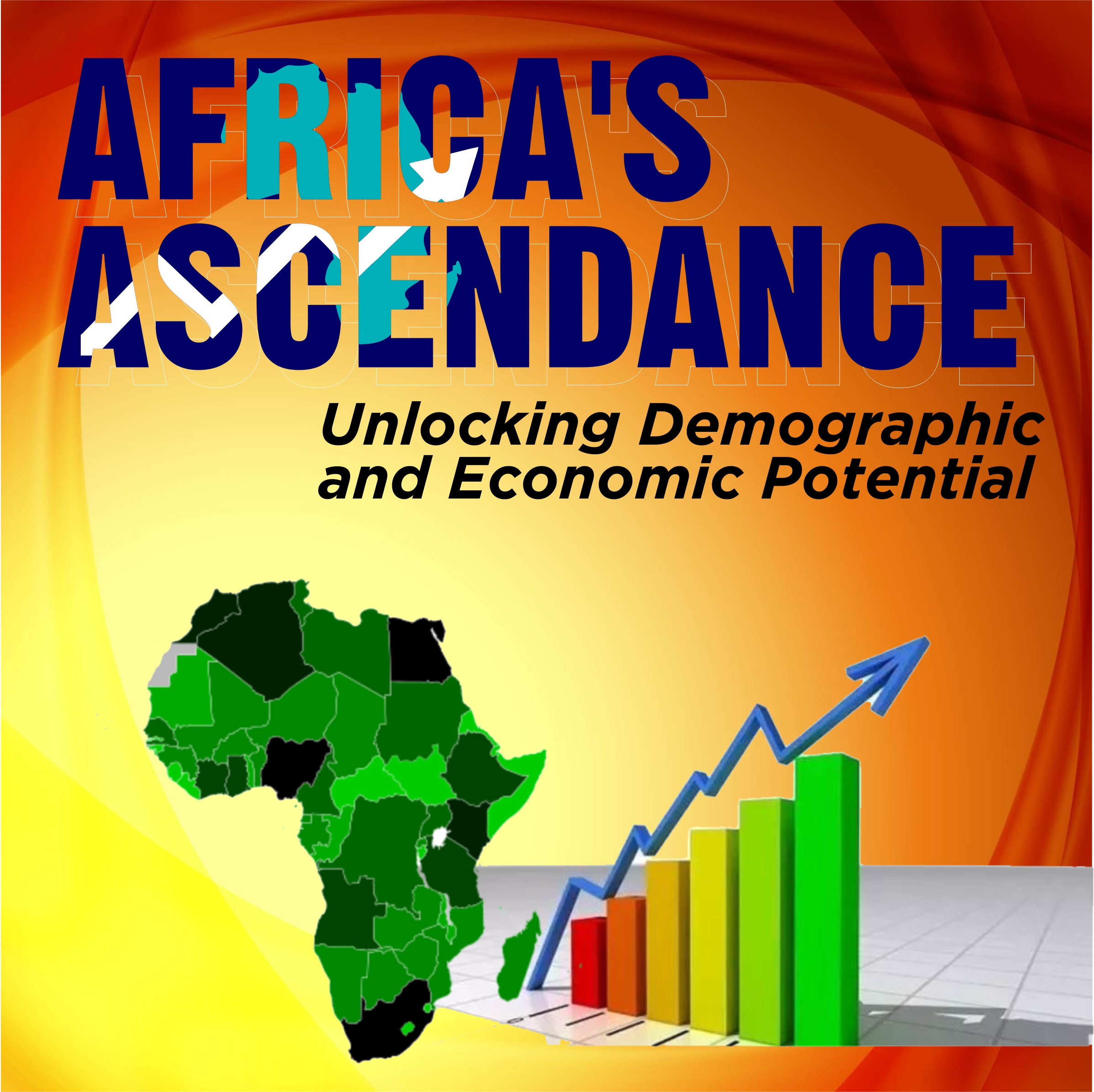As the middle class grows, it is essential to invest in education, skills development, and job creation to meet their needs and aspirations. The African middle class presents opportunities for businesses, entrepreneurs, and investors, particularly in sectors such as retail, finance, and healthcare.
The AfCFTA aims to boost intra-African trade, economic growth, and regional cooperation. Regional integration and cooperation are essential for driving economic growth, job creation, and poverty reduction. The AfCFTA has the potential to create new opportunities for investment, collaboration, and job creation.
As Africa's economy grows, it is essential to invest in regional integration and cooperation to drive economic growth and job creation. This includes investing in infrastructure development, trade facilitation, and skills development to boost intra-African trade and economic growth.

As Africa's economy grows, India sees vast opportunities for cooperation, with bilateral trade expected to reach $100 billion by 2025. The India-Africa partnership presents opportunities for mutual growth and development, particularly in sectors such as technology, healthcare, and infrastructure development.
The India-Africa partnership can help drive economic growth, job creation, and poverty reduction in Africa. It is essential to invest in skills development, education, and job creation to meet the needs and aspirations of Africa's growing youth population.
Africa's education is transforming through the Continental Education Strategy for Africa (CESA). Europe and India can share expertise, invest in vocational training, and promote digital literacy to enhance workforce skills and drive economic growth.
Educational advancement is essential for driving economic growth, job creation, and poverty reduction in Africa. It is essential to invest in education, skills development, and job creation to meet the needs and aspirations of Africa's growing youth population.
In conclusion, Africa's ascendance is driven by its rapidly growing youth population, urbanization, industrialization, and a burgeoning middle class. The continent's demographic and economic potential is vast, with opportunities for growth, innovation, and social change. It is essential to invest in education, skills development, and job creation to harness the energy and creativity of Africa's youth and drive economic growth and poverty reduction.

















